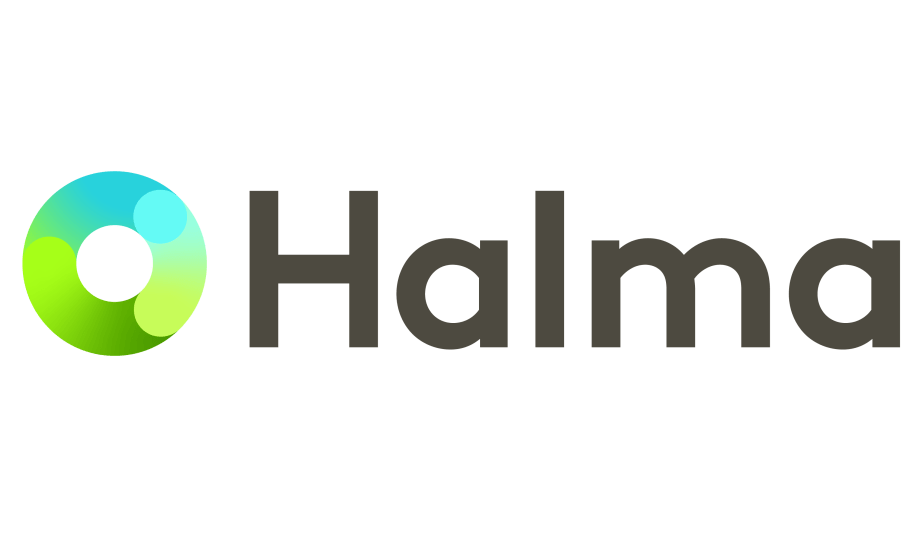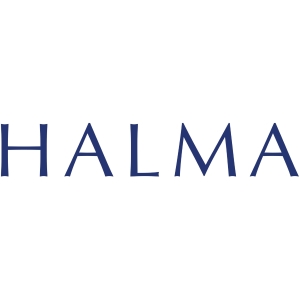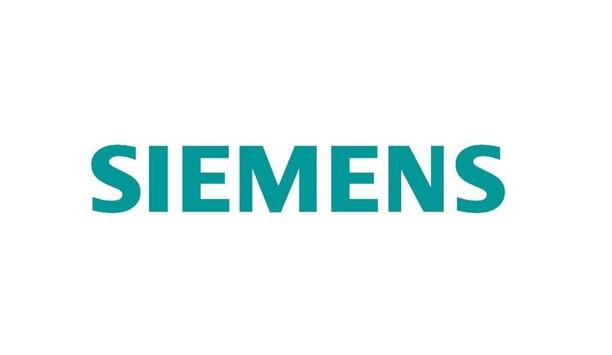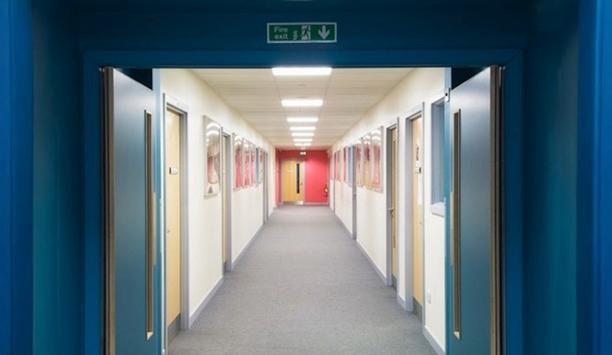Halma releases an update regarding the impact of the COVID-19 pandemic. Full Year Results announcement and AGM.
Halma continue to expect the group’s adjusted profit before tax for the year ended 31 March 2020 to be in a range of £265 million to £270 million, in line with the guidance given in the group’s scheduled Trading Update on 19 March 2020. Halma expects revenues to be approximately £1,330 million and year-end net debt (excluding the impact of IFRS16) to be approximately £320 million.
Halma expects to release the group’s preliminary results on 14 July 2020. This date has been agreed in consultation with the group’s auditors, PricewaterhouseCoopers LLP, and reflects the challenges of completing the audit of a geographically dispersed group given the travel restrictions and enhanced safe-working practices currently in place. Accordingly, the group’s AGM will take place in early September 2020.
Balance sheet and liquidity
The group’s financial position remains robust with committed facilities totaling approximately £750 million (at current exchange rates). The earliest maturity in these facilities is for £74 million (at current exchange rates) in January 2021, with the remaining maturities from 2023 onwards.
Each of the group’s companies is implementing an operating plan to suit its market and local circumstances
The financial covenants on these facilities are for leverage (net debt/adjusted EBITDA) to not be more than three times and for adjusted interest cover to be not less than four times.
Currently, Halma does not intend to utilize the UK government’s COVID Corporate Financing Facility, although the group have taken the prudent step of confirming Halma’s eligibility in principle, subject to establishing an appropriate commercial paper program.
COVID-19 impact, challenges and the group’s responses
Halma has a long track record of successfully adapting to societal shifts and changes in markets. Halma believes that their agile business model, and the group’s focus on critical safety, health, and environmental market niches, will enable the group to perform relatively resiliently and contribute to the global efforts to deal with COVID-19.
Partnering with the group’s central and regional COVID-19 support groups, the first of which was established in January 2020 following the initial outbreak in China, each of the group’s companies is implementing an operating plan to suit its market and local circumstances.
Mandate or permission from regional or national authorities
The group’s 43 operating companies have a total of 54 principal operating facilities spread across the UK, the USA, Mainland Europe and Asia. Over 30 of the group’s companies deliver critical safety, healthcare and environmental protection solutions and have a mandate or permission from regional or national authorities to continue to operate during shutdown restrictions.
Currently, following the re-opening of the group’s fire safety business in Italy last week, there are only two facilities, in California and Tunisia, which are closed due to government shutdown restrictions. However, all the group’s businesses are having to address their specific supply chain and distribution challenges that are being caused by the pandemic, as well as responding to the similar challenges faced by their customers.
Alicat, Perma Pure and Maxtec are making components for ventilators and respiratory health devices for hospitals
There has been a significant focus on ensuring a safe working environment for all Halma company employees. Measures taken include working from home wherever possible, a ban on non-essential travel and visitors to facilities, increased spacing between workstations, appropriate protective equipment, staggered shifts and breaks, plus enhanced cleaning processes and contingency planning.
Personal protective equipment for health workers
In accommodating these changes, the group’s operational teams continue to show exceptional commitment and dedication to ensure that customer needs are met and to contribute to the global fight against COVID-19 directly and indirectly. Examples include:
- At least 10 companies from across every Halma sector are using rapid prototyping capabilities to manufacture personal protective equipment for health workers, in their local communities and nationally in the UK, Europe and the USA.
- Alicat, Perma Pure and Maxtec are making components for ventilators and respiratory health devices for hospitals.
- Diba and Bio-Chem are supplying parts which are used in new medical diagnostic test instruments.
Access controls and safe water
- SunTech, Riester and Cardios are supplying primary care devices to test the blood pressure and cardiac health of patients.
- CenTrak’s technology is being used in healthcare facilities and care homes to track the movement of people and ensure compliance with hand hygiene regimes.
- BEA is making sensors, including those specifically designed for healthcare facilities, to ensure that doors can be opened and closed automatically without human contact.
- The group’s water businesses including HWM, Mini-Cam, Palintest, Sensorex and UV companies are ensuring that water utilities can preserve continuity of a safe supply to homes and critical infrastructure.
- The group’s fire businesses are helping to ensure that fire safety is maintained in critical infrastructure across the world.
- One of the group’s most recent acquisitions, Sensit, is supporting gas utilities in the USA to ensure that their residential supply pipelines are safe.
Cost reduction and cash conservation measures
As in previous downturns, Halma have sought to act quickly to mitigate potential impacts by reducing costs, optimizing cash flow, protecting liquidity and, where necessary, changing how Halma operates.
Halma are ensuring that the group’s companies continue to manage their working capital effectively
These actions are expected to result in a cost reduction (net of the cost to implement them) of over £20 million in the first quarter of the new financial year, compared to the previous fourth quarter’s run-rate. Halma will review these mitigating actions at the end of the first quarter.
Halma have sought to limit the impact of these actions on the group’s employees, and protect their employment, in anticipation of trading conditions improving later in the financial year. Company, sector and group leaders have agreed to temporary salary reductions from 1 April 2020 for an initial three-month period, demonstrating their commitment to absorb a significant proportion of the cost savings necessary to protect ongoing operations.
Reduction in salaries and hiring freeze
This includes the Halma plc Board and the Executive Board, both of which have agreed to a 20% reduction in salaries or fees. Whilst the group has furloughed a small percentage of the group’s workforce, currently Halma intends to fund this without any support from the UK government’s Coronavirus Job Retention Scheme.
Halma have implemented a widespread hiring freeze, a reduction in the use of contractors and a significant reduction in discretionary overhead spending. Halma are ensuring that the group’s companies continue to manage their working capital effectively, while maintaining productive relationships with customers and suppliers.
Halma are limiting capital investment to essential projects and R&D only, and do not expect to complete any acquisitions during the first quarter, though the group’s M&A search efforts are continuing. The COVID-19 pandemic is expected to have a net adverse impact on the group’s markets and the group’s full year financial results to 31 March 2021, which are likely to have a significant second half weighting even though the timing and profile of recovery remains uncertain at this stage.
Summary
In what are challenging and changing times, Halma have taken a considerable number of actions to date and will continue to monitor matters closely. Halma will provide a further update in the Full Year results announcement.
Andrew Williams, Chief Executive of Halma, said:
“Through this current challenging period, many of the group’s companies are demonstrating how they are living Halma’s purpose of ‘growing a safer, cleaner, healthier future for everyone, every day’, by supporting the fight against COVID-19 directly and indirectly.”
“Our agile business model, strong positions in markets with long-term growth drivers and the talent and dedication of our people are expected to ensure that we will perform relatively resiliently in the short term and be well positioned to resume growth as markets recover.”
















